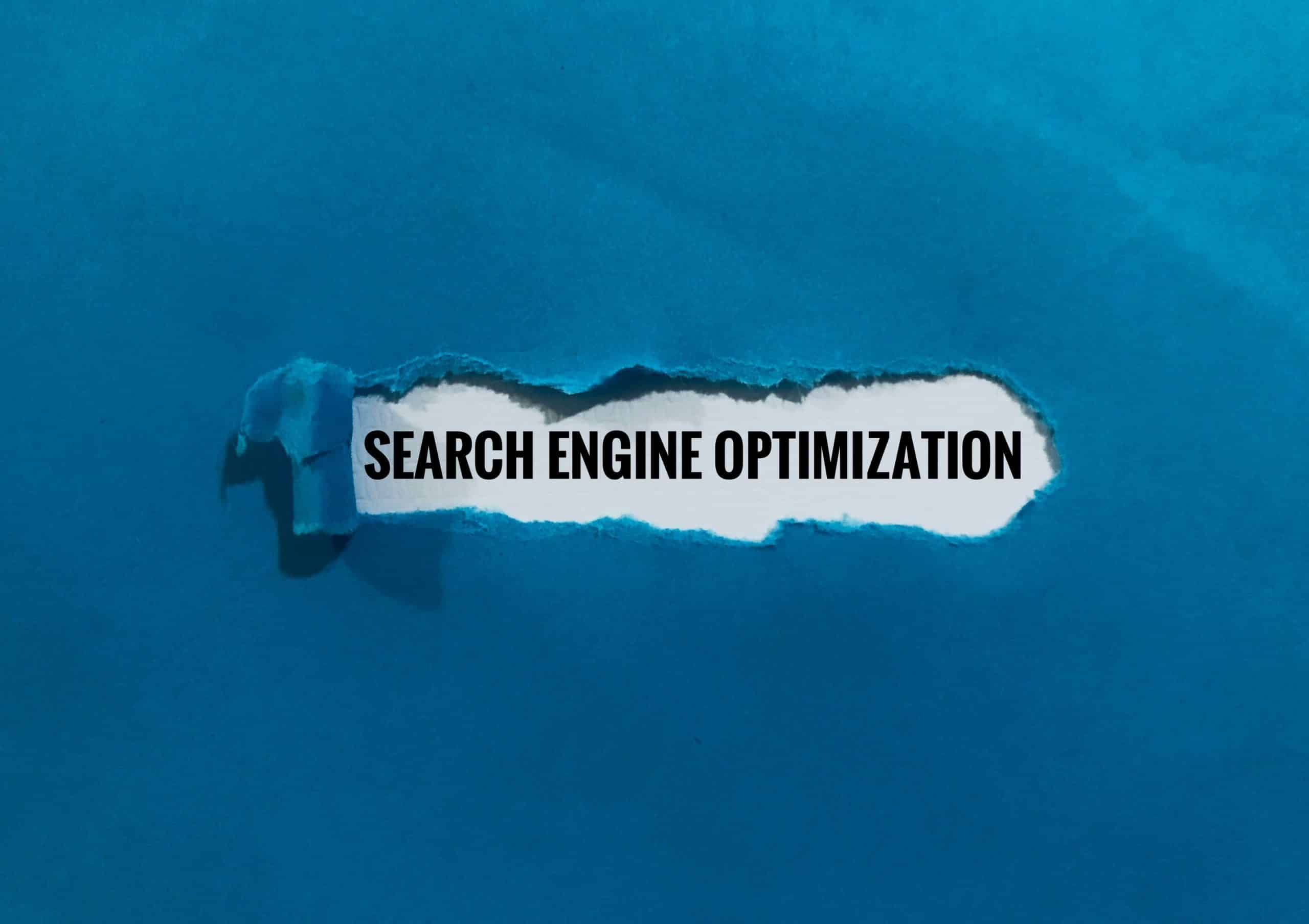Artificial intelligence is revolutionizing supply chain management in the UK by enhancing efficiency and driving innovation. Companies across diverse sectors are leveraging AI capabilities to streamline operations, predict demand, and reduce costs. This transformation not only optimizes logistical workflows but also fosters a more agile and resilient supply chain. By embracing AI, businesses are not just keeping pace with industry trends; they are positioning themselves as leaders in a competitive market. Explore the profound impact of AI and unlock its benefits for your organization.
Overview of AI in Supply Chain Management
Artificial Intelligence (AI) is transforming the landscape of supply chain management by enhancing efficiency and accuracy. At its core, AI in supply chain refers to the use of intelligent algorithms and data analytics to streamline operations, predict demand, and optimize logistics. This integration is crucial as it helps businesses respond swiftly to market changes and consumer demands.
Also read : Unlocking the Power of AI: A New Paradigm for Fraud Detection in UK Businesses
The benefits of AI in supply chain are numerous. One of the primary advantages is improved decision-making through data-driven insights. AI technologies can analyze vast amounts of data to forecast trends and identify potential disruptions. This predictive capability allows companies to mitigate risks and reduce costs. Additionally, AI enhances supply chain optimization by automating routine tasks, thus boosting productivity and reducing human error.
Several AI technologies play a pivotal role in supply chain optimization. Machine learning algorithms are used to predict demand patterns and optimize inventory levels. Natural language processing aids in customer service by enhancing communication and feedback mechanisms. Robotics and automation streamline warehouse operations, increasing efficiency and accuracy in order fulfillment.
Also read : Unlocking the Future of UK Farming: The Role of AI in Precision Agriculture Enhancement
In summary, AI in supply chain management not only offers significant benefits but also revolutionizes how businesses operate, making them more agile and competitive in a rapidly evolving market.
Case Studies of UK Businesses Leveraging AI
Exploring AI case studies in the UK offers valuable insights into supply chain innovations. Several businesses have successfully integrated AI to enhance their operations.
Successful Implementations
-
Ocado: This online supermarket has revolutionized its supply chain by implementing AI-driven robotics in its warehouses. The result? Enhanced order accuracy and reduced processing times, making it a leader in efficiency.
-
Rolls-Royce: By using AI for predictive maintenance, Rolls-Royce has significantly minimized downtime in its supply chain. The AI systems predict engine part failures, allowing for proactive maintenance and reduced disruptions.
-
Unilever: This consumer goods giant uses AI to optimize inventory levels and demand forecasting. The outcome? Improved product availability and reduced waste, demonstrating the power of AI in inventory management.
Lessons Learned
Adopting AI in supply chains isn't without challenges. Companies often face issues like high initial costs and integration complexities. However, successful businesses have navigated these challenges by:
-
Investing in training: Upskilling employees ensures they can effectively work with AI technologies.
-
Collaborating with tech partners: Partnering with technology firms provides access to expertise and resources, facilitating smoother AI implementation.
-
Iterative testing: Implementing AI in phases allows for adjustments and improvements, reducing the risk of large-scale failures.
These strategies highlight the importance of planning and adaptability in leveraging AI for supply chain success.
Statistical Data Demonstrating Improvements
In the realm of supply chain statistics, the integration of AI has led to remarkable efficiency gains. A recent study revealed that companies utilizing AI in their supply chains experienced a 15% increase in overall productivity. This significant improvement is attributed to the automation of routine tasks and enhanced decision-making capabilities.
AI impact data further illustrates cost reductions and time savings. Businesses have reported a 20% decrease in operational costs due to AI-driven optimizations in logistics and inventory management. Additionally, the time required for order processing has been cut by 30%, thanks to AI's ability to streamline warehouse operations and predict demand patterns accurately.
When comparing traditional supply chains to those enhanced by AI, the performance metrics are compelling. AI-enhanced supply chains demonstrate a 25% faster response to market changes, allowing businesses to adapt swiftly and maintain competitive advantages. Moreover, these supply chains exhibit a 40% reduction in error rates, highlighting AI's role in improving accuracy and reliability.
These statistics underscore the transformative impact of AI on supply chain management, showcasing its ability to enhance productivity, reduce costs, and improve overall performance. As businesses continue to embrace AI, these metrics are expected to improve further, solidifying AI's role as a vital component in modern supply chain strategies.
Challenges in AI Implementation within Supply Chains
Implementing AI technologies in supply chains presents several challenges that businesses must navigate. A primary obstacle is the complexity of integrating AI systems with existing infrastructure. Many companies face supply chain barriers due to outdated technology and data silos, which hinder seamless integration. Furthermore, the high initial costs associated with AI adoption can be prohibitive, especially for smaller enterprises.
Risk management is crucial in addressing these challenges. Companies need to develop robust strategies to mitigate potential issues. This includes conducting thorough risk assessments and establishing contingency plans. By identifying potential risks early, businesses can implement measures to minimize disruptions and ensure a smoother transition to AI-driven processes.
Change management plays a vital role in successful AI implementation. It involves preparing and supporting employees as they adapt to new technologies. Effective change management requires clear communication, highlighting the benefits of AI and addressing any concerns employees may have. Moreover, investing in staff training is essential to equip the workforce with the necessary skills to work alongside AI systems. Upskilling employees not only enhances their capabilities but also boosts confidence in using AI tools.
By understanding and addressing these AI implementation challenges, businesses can better position themselves to leverage AI's transformative potential in supply chain management.
Future Trends in AI and Supply Chain Management
As we look ahead, the future of AI in supply chain management promises transformative changes. Emerging technologies like blockchain and the Internet of Things (IoT) are set to revolutionize supply chain trends by enhancing transparency and connectivity. These innovations improve traceability and allow for real-time data sharing, which is crucial for efficient supply chain operations.
Predictions for AI advancements suggest a shift towards more autonomous supply chains. With AI innovations, businesses can expect increased automation in logistics and inventory management, leading to faster and more accurate decision-making processes. This evolution will likely see AI systems handling complex tasks with minimal human intervention.
To stay ahead of these developments, businesses should focus on integrating cutting-edge AI technologies into their supply chain strategies. This includes investing in research and development to identify and implement the latest AI innovations. Additionally, companies should foster a culture of continuous learning and adaptability, ensuring their workforce is equipped with the skills necessary to leverage new technologies effectively.
By embracing these strategies, businesses can position themselves at the forefront of AI-driven supply chain management, ready to capitalize on emerging trends and maintain a competitive edge in the industry.











